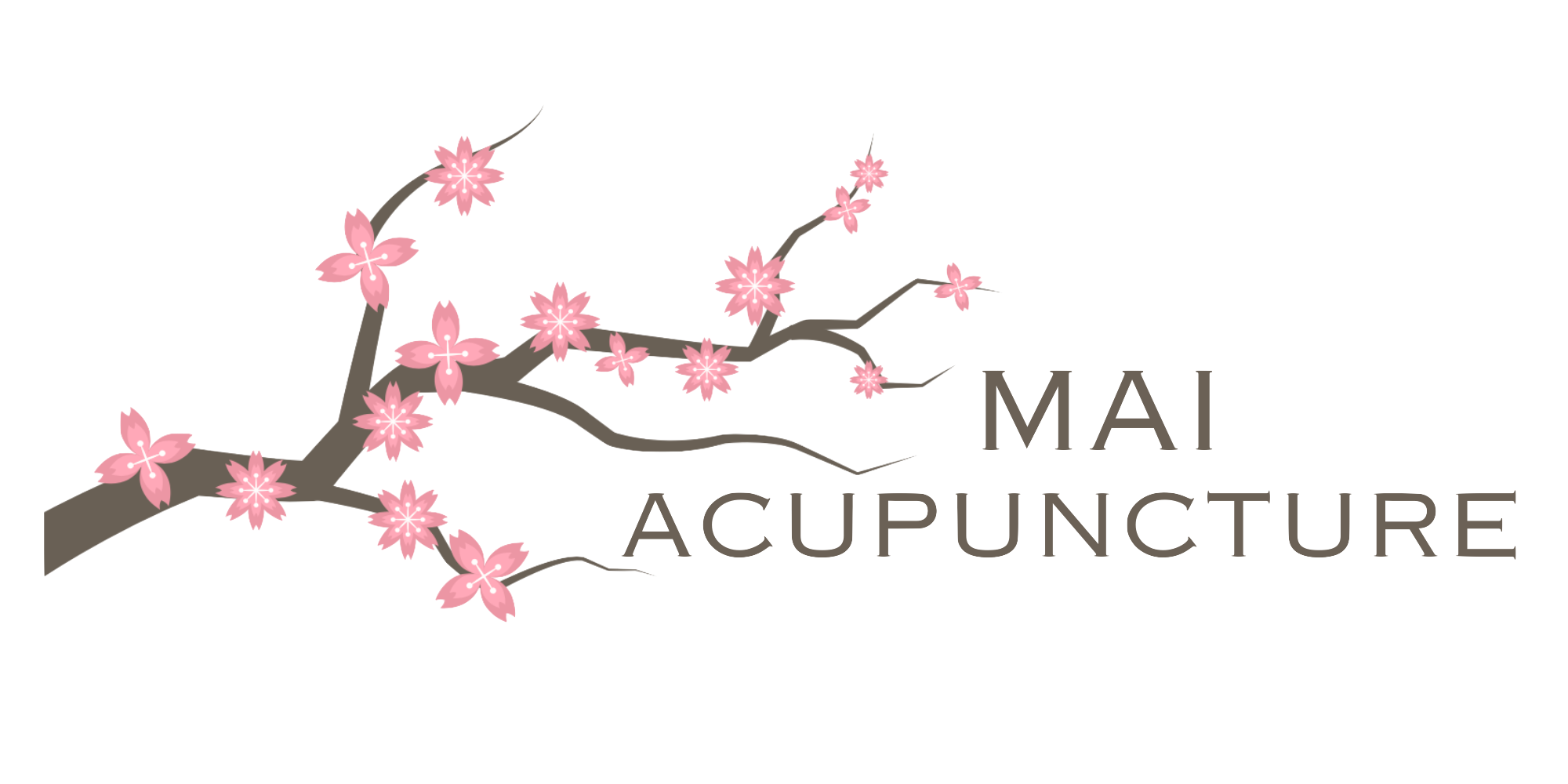The Role of Acupuncture in Ovarian Cancer Treatment and Recovery
Ovarian cancer is a challenging and life-altering diagnosis, with treatment often involving surgery, chemotherapy, and sometimes radiation. While these conventional treatments are critical in combating cancer, many patients seek complementary therapies to support their overall well-being during and after treatment. Acupuncture, a practice rooted in Traditional Chinese Medicine (TCM), has gained recognition for its potential to assist in the treatment process, aid in recovery, and even play a role in cancer prevention by balancing the body’s energy systems.
Acupuncture During Ovarian Cancer Treatment
Undergoing treatment for ovarian cancer can be physically and emotionally taxing. Chemotherapy, in particular, is known for its side effects, including nausea, fatigue, pain, and neuropathy. Acupuncture offers a holistic approach to mitigating these side effects by stimulating specific points on the body, known as acupoints, to promote healing and restore balance.
1. **Reducing Chemotherapy-Induced Nausea and Vomiting**: One of the most researched benefits of acupuncture in cancer care is its ability to reduce chemotherapy-induced nausea and vomiting (CINV). By targeting points such as Pericardium 6 (P6), located on the inner wrist, acupuncture can help regulate the digestive system and alleviate these distressing symptoms.
2. **Managing Pain and Neuropathy**: Pain management is crucial for maintaining quality of life during cancer treatment. Acupuncture has been shown to release endorphins, the body’s natural painkillers, and modulate pain signals, providing relief from the aches and neuropathic pain associated with chemotherapy.
3. **Addressing Fatigue and Emotional Well-being**: Cancer-related fatigue is a common and debilitating symptom. Acupuncture works by balancing the flow of energy, or Qi, in the body, which can help combat fatigue and improve overall energy levels. Additionally, acupuncture’s calming effects can alleviate anxiety, depression, and emotional stress, fostering a more positive outlook during treatment.
Acupuncture Post-Cancer Treatment
The journey doesn’t end when treatment concludes. Survivors of ovarian cancer often face ongoing challenges, including fatigue, pain, hormonal imbalances, and emotional distress. Acupuncture can be a valuable ally in the recovery process, helping to restore balance and promote long-term health.
1. **Hormonal Balance and Menopausal Symptoms**: For many women, ovarian cancer treatment can lead to early menopause and associated symptoms like hot flashes, night sweats, and mood swings. Acupuncture helps regulate the body’s endocrine system, offering a natural approach to managing these symptoms without the need for hormone replacement therapy.
2. **Supporting Immune Function**: Post-treatment, the immune system can be weakened, leaving survivors vulnerable to infections and other illnesses. Acupuncture has been shown to enhance immune function by stimulating the production of white blood cells and improving circulation, aiding the body’s natural defense mechanisms.
3. **Improving Quality of Life**: Recovery is not just about physical health; emotional and spiritual well-being are equally important. Acupuncture can support mental clarity, reduce anxiety, and improve sleep quality, all of which contribute to a better quality of life post-treatment.
Acupuncture for Cancer Prevention
While no single therapy can guarantee cancer prevention, acupuncture’s role in maintaining overall health and balance should not be overlooked. By addressing imbalances in the body’s energy, acupuncture can help prevent the conditions that may contribute to the development of cancer.
1. **Enhancing Detoxification and Circulation**: Regular acupuncture sessions can improve the body’s natural detoxification processes, promoting better circulation and reducing the accumulation of toxins that could potentially lead to cancerous changes.
2. **Balancing Hormones**: Hormonal imbalances are a known risk factor for various cancers, including ovarian cancer. Acupuncture helps to regulate the endocrine system, supporting hormonal balance and reducing cancer risk.
3. **Reducing Stress**: Chronic stress is a significant contributor to inflammation and immune system suppression, both of which can increase the risk of cancer. Acupuncture’s stress-relieving effects can help maintain a balanced state of mind and body, reducing the likelihood of cancer development.
Conclusion
Acupuncture offers a powerful, holistic approach to supporting women during ovarian cancer treatment and recovery. By addressing the physical, emotional, and energetic aspects of health, acupuncture not only helps manage the side effects of conventional treatments but also promotes overall well-being and long-term health. For those seeking a complementary therapy to enhance their cancer care, acupuncture provides a gentle yet effective way to restore balance, improve quality of life, and contribute to cancer prevention.
If you or a loved one is navigating the challenges of ovarian cancer, consider incorporating acupuncture into your treatment plan to experience the benefits of this ancient practice.

